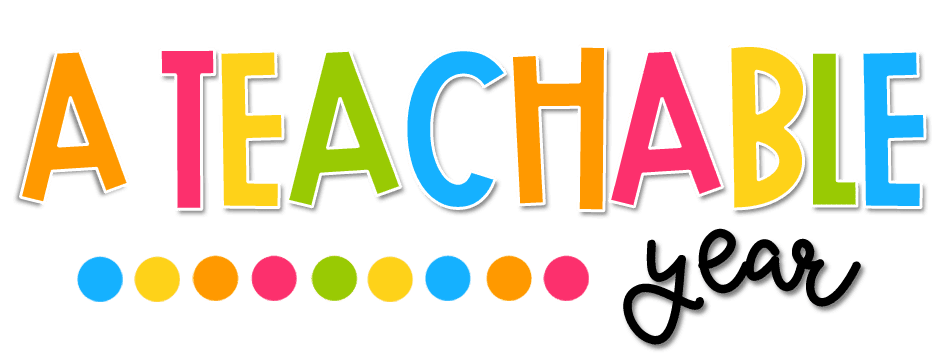Understanding Yom Kippur
Yom Kippur is a solemn Jewish holiday marked by fasting, prayer, and repentance. It is a day dedicated to introspection, seeking forgiveness, and making amends.
Language Skills and Activities
Vocabulary Enrichment:
Introduce Yom Kippur-related vocabulary such as atonement, repentance, fasting, forgiveness, reflection, and specific terms related to the holiday. Use visuals, stories, or discussions to reinforce vocabulary.
Reading and Comprehension:
Select articles, stories, or texts about Yom Kippur traditions, the significance of repentance, or personal reflections on forgiveness. Conduct reading sessions followed by discussions or comprehension tasks.
Writing Tasks:
Encourage students to write reflective essays, personal narratives about forgiveness, or letters expressing apologies. This exercise nurtures language skills and encourages introspection.
Rituals and Reflection
Fasting and Prayer:
Discuss the rituals of fasting and prayer observed during Yom Kippur. Explore their significance in seeking forgiveness and spiritual growth.
Acts of Kindness:
Emphasize the importance of performing acts of kindness and seeking reconciliation with others as part of the holiday's essence.
Interactive Activities
Reflection Journals:
Encourage students to maintain reflection journals throughout the week leading up to Yom Kippur, documenting their thoughts on forgiveness and personal growth.
Forgiveness Circle:
Organize a "forgiveness circle" where students share stories or reflections on forgiveness, emphasizing the importance of seeking and granting forgiveness.
Reflective Discussions
Personal Growth:
Initiate discussions on the themes of personal growth, introspection, and the importance of seeking forgiveness in one's life.
Cultural Traditions:
Discuss the significance of cultural traditions that focus on self-improvement, forgiveness, and reconciliation in different cultures.
Teaching about Yom Kippur in ESL classes offers an opportunity for introspection, reflection, and seeking forgiveness. By integrating language exercises, discussions on traditions, interactive activities, and reflective discussions, educators can create an engaging lesson that not only enhances language skills but also fosters empathy and understanding of cultural practices.
As we commemorate Yom Kippur, let us inspire students to embrace the values of forgiveness, introspection, and personal growth, fostering understanding and compassion in their lives.




No comments
Post a Comment
Thanks for your comment!